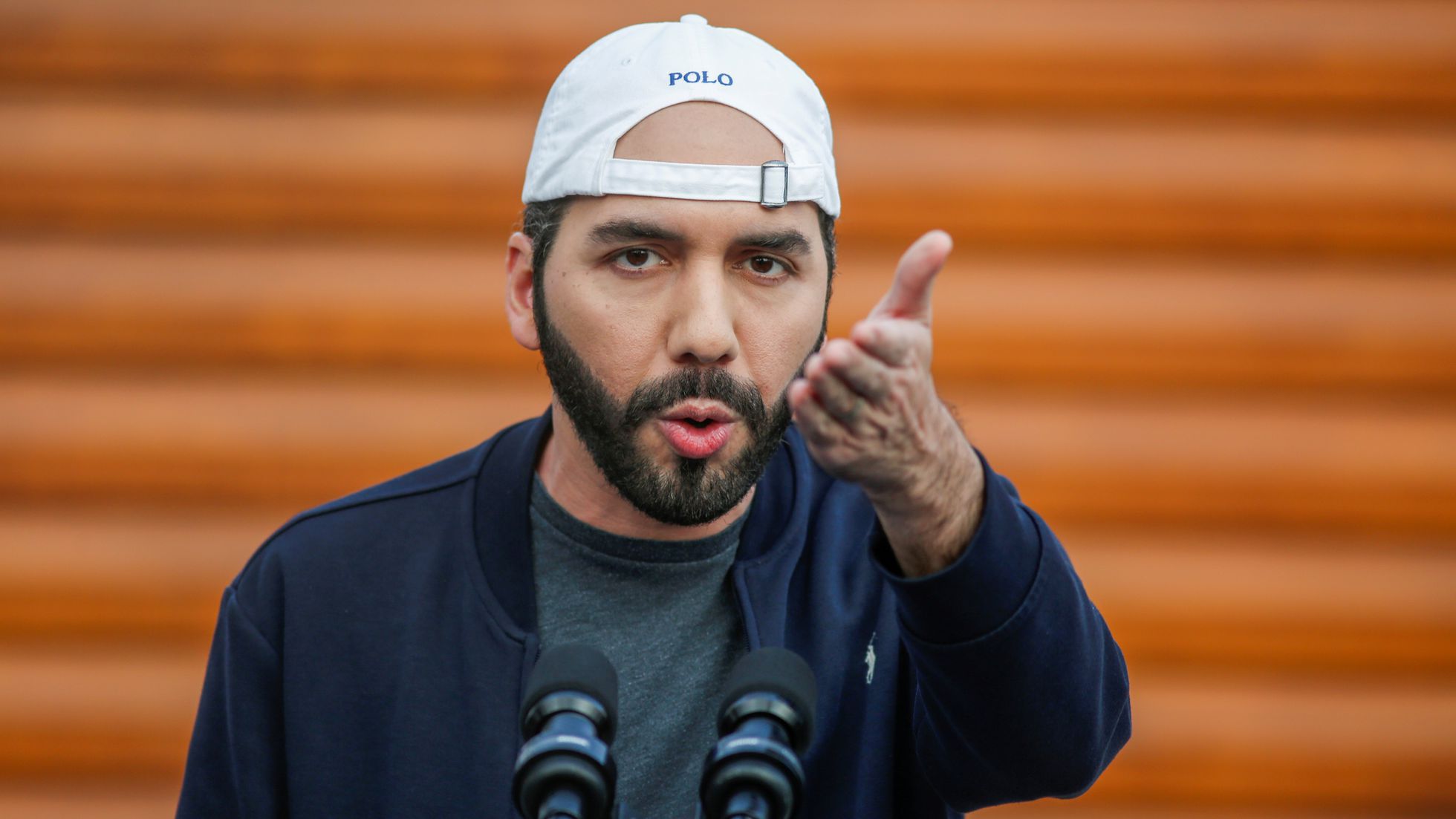On 31stof August the government of President Nayib Bukele of El Salvador obtained approval in Congress and published in the Official Gazette a controversial reform of the Law on the Judicial Career on 14thof September1. In the words of the president these rules intend “to purge the Judicial Branch and remove the corrupt.” However, the text of the law includes (among other points) the retirement of magistrates with more than 60 years of age or 30 years in office without specifying at any point how this contributes to eliminating judicial corruption.
Taking into account that this measure will entail the automatic retirement of one third of the judges2, as well as a good part of the public prosecutor’s office and the courts, this measure is seen by a large part of the opposition as a blow to independence judicial and a violation of the powers of the different public powers. “It is violating the little judicial independence that remained in the country,” lamented legislator René Portillo of the opposition Nationalist Republican Alliance. On the contrary the ruling party New Ideas welcomed the measure. “This day is historic because true justice begins in our country,” said Deputy Rebeca Santos3.
It is not the first time that President Bukele has made a controversial decision regarding the judiciary. Last May he ordered the immediate dismissal of the judges of the Constitutional Chamber of the Supreme Court and in February of last year he ordered the army to take by force the building of the National Assembly which is controlled by the opposition after it refused to grant an extraordinary loan to its government.
Although at first the Bukele government enjoyed wide popularity, breaking with the bipartisan hegemony that had existed in the country since the end of the civil war in 19924, he discontent of Salvadoran society grows as the government adopts measures unpopular in political, economic and social matters, such as the implementation of bitcoin as an exchange currency in the country. On the other hand organizations such as Amnesty International criticize the more than 2,000 arbitrary arrests of people and their confinement in government detention centers5.
Nayib Bukele has tried to cultivate a carefree image and while in parallel he leads his government to an increasingly dangerous authoritarian drift by giving primacy to the executive branch over the judiciary. These concepts seem to come together when on his twitter account he claims to be “the coolest dictator in the world”6. But the Salvadoran people are beginning to run out of this dialectic: On 15thof September between 5,000 and 8,000 people staged the biggest massive demonstration since he came to power in 20197. The pressure needs to continue until the masks of the so-called “cool dictators” fall off.
1 https://www.laprensagrafica.com/elsalvador/Califican-de-absurdo-decreto-que-reforma-ley-de-carrera-judicial-20210918-0067.html 2 https://www.bbc.com/mundo/noticias-america-latina-58417033 3 https://cnnespanol.cnn.com/2021/09/01/aprueban-ley-para-jubilar-a-jueces-y-fiscales-a-los-60-anos-en-el-salvador/ 4 https://www.eluniverso.com/noticias/internacional/popularidad-de-nayib-bukele-no-se-merma-en-el-salvador-pese-al-rechazo-internacional-a-medidas-del-congreso-nota/ 5 https://www.amnesty.org/es/petition/nayib-bukele-detenga-la-represion/ 6 https://www.efe.com/efe/america/politica/el-presidente-bukele-dice-en-twitter-que-es-dictador-mas-cool-del-mundo/20000035-4634840 7 https://elpais.com/internacional/2021-09-15/nayib-bukele-enfrenta-su-primera-protesta-masiva-por-la-deriva-autoritaria-en-el-salvador.html
Become Interest:
